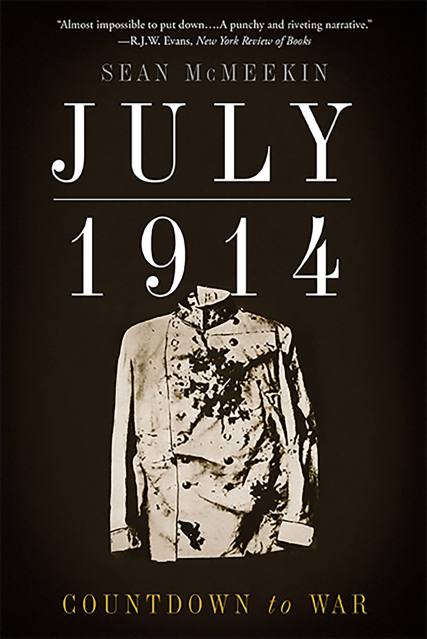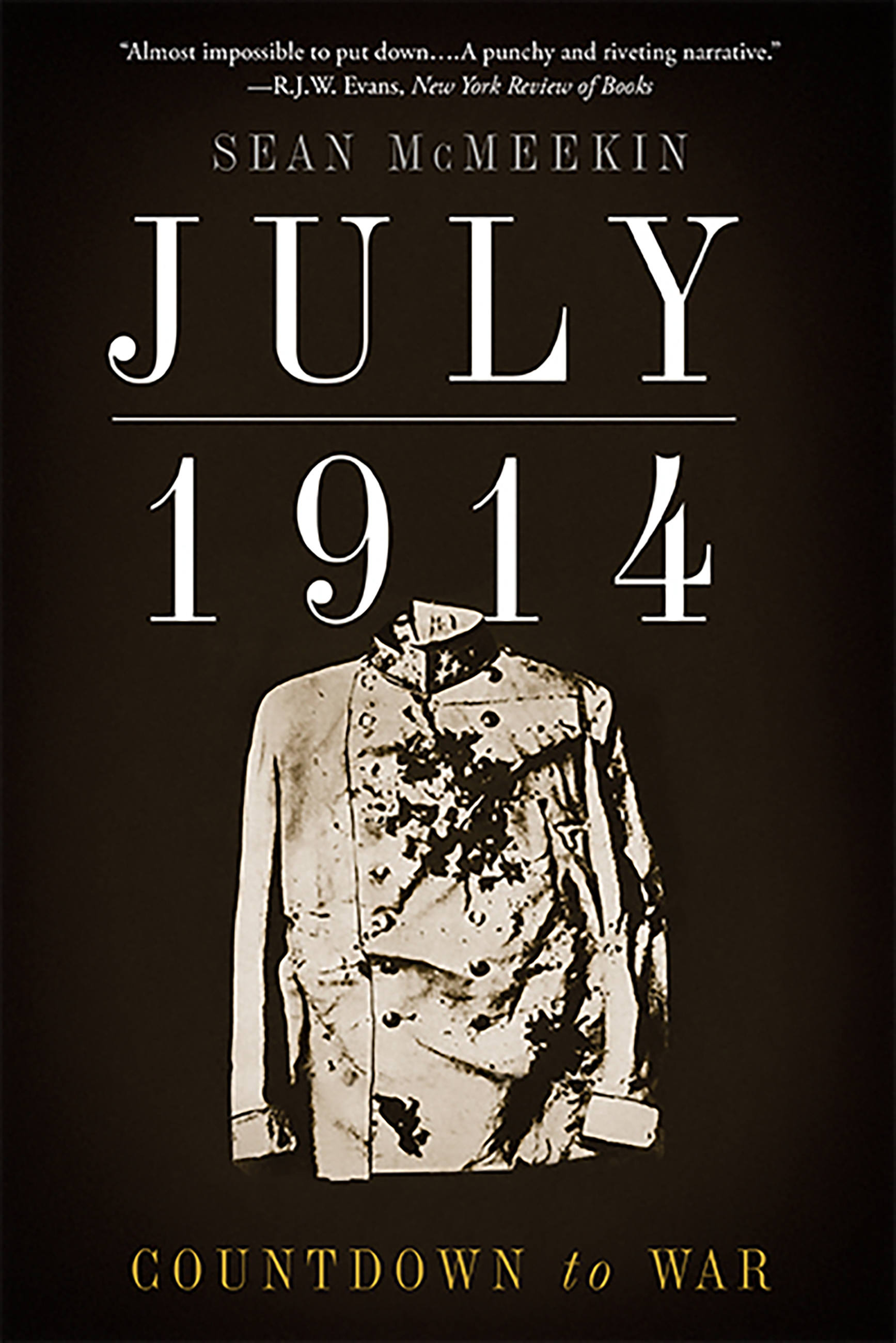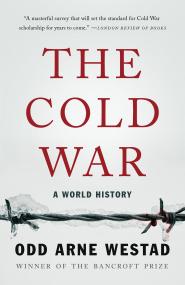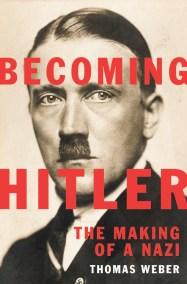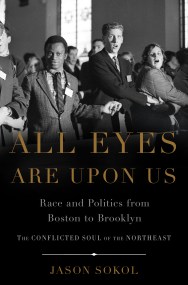By clicking “Accept,” you agree to the use of cookies and similar technologies on your device as set forth in our Cookie Policy and our Privacy Policy. Please note that certain cookies are essential for this website to function properly and do not require user consent to be deployed.
July 1914
Countdown to War
Contributors
Formats and Prices
- On Sale
- Apr 29, 2014
- Page Count
- 480 pages
- Publisher
- Basic Books
- ISBN-13
- 9780465060740
Price
$24.99Price
$31.99 CADFormat
Format:
- Trade Paperback $24.99 $31.99 CAD
- ebook $11.99 $15.99 CAD
This item is a preorder. Your payment method will be charged immediately, and the product is expected to ship on or around April 29, 2014. This date is subject to change due to shipping delays beyond our control.
Buy from Other Retailers:
As acclaimed historian Sean McMeekin reveals in July 1914, World War I might have been avoided entirely had it not been for a small group of statesmen who, in the month after the assassination, plotted to use Ferdinand’s murder as the trigger for a long-awaited showdown in Europe. The primary culprits, moreover, have long escaped blame. While most accounts of the war’s outbreak place the bulk of responsibility on German and Austro-Hungarian militarism, McMeekin draws on surprising new evidence from archives across Europe to show that the worst offenders were actually to be found in Russia and France, whose belligerence and duplicity ensured that war was inevitable.
Whether they plotted for war or rode the whirlwind nearly blind, each of the men involved — from Austrian Foreign Minister Leopold von Berchtold and German Chancellor Bethmann Hollweg to Russian Foreign Minister Sergei Sazonov and French president Raymond Poincaré- sought to capitalize on the fallout from Ferdinand’s murder, unwittingly leading Europe toward the greatest cataclysm it had ever seen.
A revolutionary account of the genesis of World War I, July 1914 tells the gripping story of Europe’s countdown to war from the bloody opening act on June 28th to Britain’s final plunge on August 4th, showing how a single month — and a handful of men — changed the course of the twentieth century.
Genre:
-
"Almost impossible to put down...A punchy and riveting narrative."R.J.W. Evans, New York Review of Books
-
"Gripping and well-researched...In prose of admirable clarity, [McMeekin] relates the enormously complex events of that fateful summer."National Review
-
"Lucid, convincing and full of rich detail, the book is a triumph of the narrative method and a vivid demonstration that chronology is the logic of history."Independent (London)
-
"A fascinating and original study of the opening stages of World War I."Philadelphia Inquirer
-
"A work of meticulous scholarship...Irresistible."Sunday Times (London)
Newsletter Signup
By clicking ‘Sign Up,’ I acknowledge that I have read and agree to Hachette Book Group’s Privacy Policy and Terms of Use
